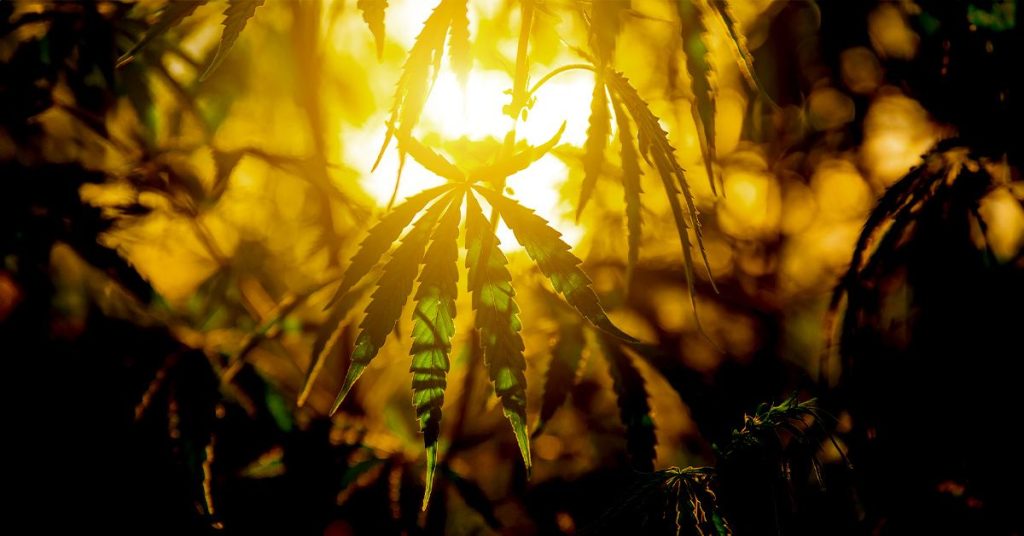Researchers from the George Washington School of Medicine have found that CBD may have protective benefits against UVA radiation, the type of radiation that can lead to skin aging and cancer. A small study with 19 participants showed that skin treated with a CBD cream had less redness after exposure to high levels of UV radiation. While more research is needed, CBD may one day be used alongside sunscreen to help protect the skin from sun damage.
The study involved 19 participants with Fitzpatrick skin types I-III who applied a CBD cream to one buttock and a cream without CBD to the other buttock twice a day for 14 days. After exposure to high levels of UV radiation, skin biopsies showed that the skin treated with CBD had less redness and reduced skin thickening compared to the skin treated with the cream without CBD. Additionally, DNA damage and mutations were reduced in the skin treated with CBD. The study was published in the Journal of the American Academy of Dermatology.
Though the study had limitations such as a small number of participants and limited variety of skin types, experts believe it could pave the way for more options for sun protection in the future. Dr. Zakia Rahman, a clinical professor of dermatology at Stanford, noted that there are already products that protect against UVA radiation, but more research into CBD could provide additional protection. However, Dr. Sherry Yafai, an emergency medicine physician and cannabis researcher, mentioned that more research is needed to determine the effectiveness of CBD and whether other components of cannabinoids play a role.
CBD is a compound derived from the cannabis plant that does not produce a “high” like THC, another compound from the same plant. CBD is used for various purposes including pain relief, anxiety, and depression. Yafai emphasizes that CBD has a good safety profile, but faces a stigma among patients and physicians. She believes that changing perspectives and understanding the research can guide the use of CBD as a treatment strategy. The GWU researchers stress that their study shows potential for CBD, but it should not replace sunscreen.
Dr. Friedman, a co-author of the study, highlights the need for ongoing research to prove the benefits of CBD. He points out that there has been a lot of hype and promises surrounding CBD, but research is essential to validate these marketing claims. Friedman stresses that CBD should not replace sunscreen, but rather support it. He believes that CBD has the potential to be a valuable addition to current sun protection methods, but more investment in research is necessary to fully understand its benefits and limitations.


